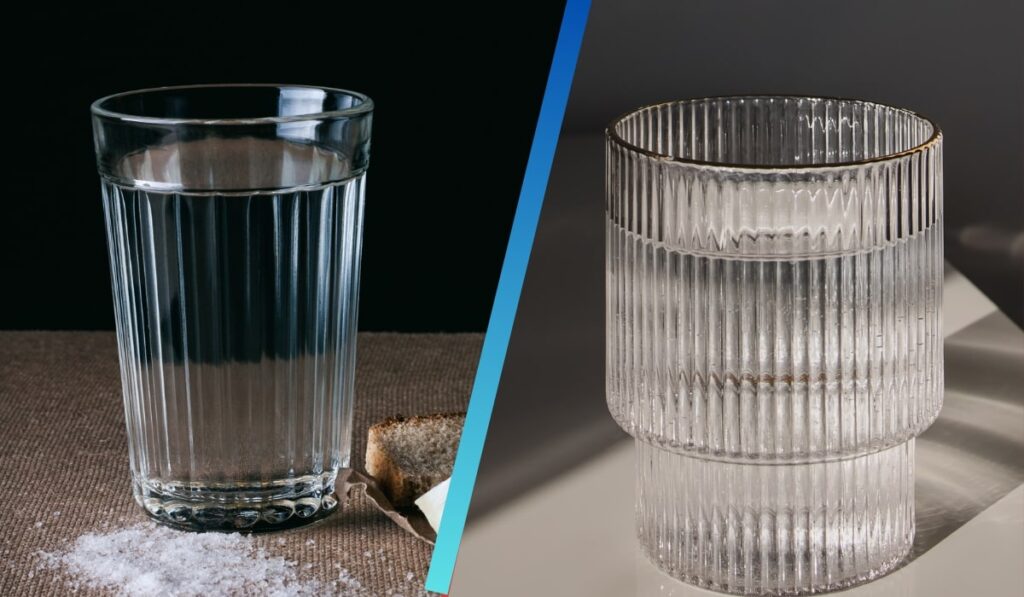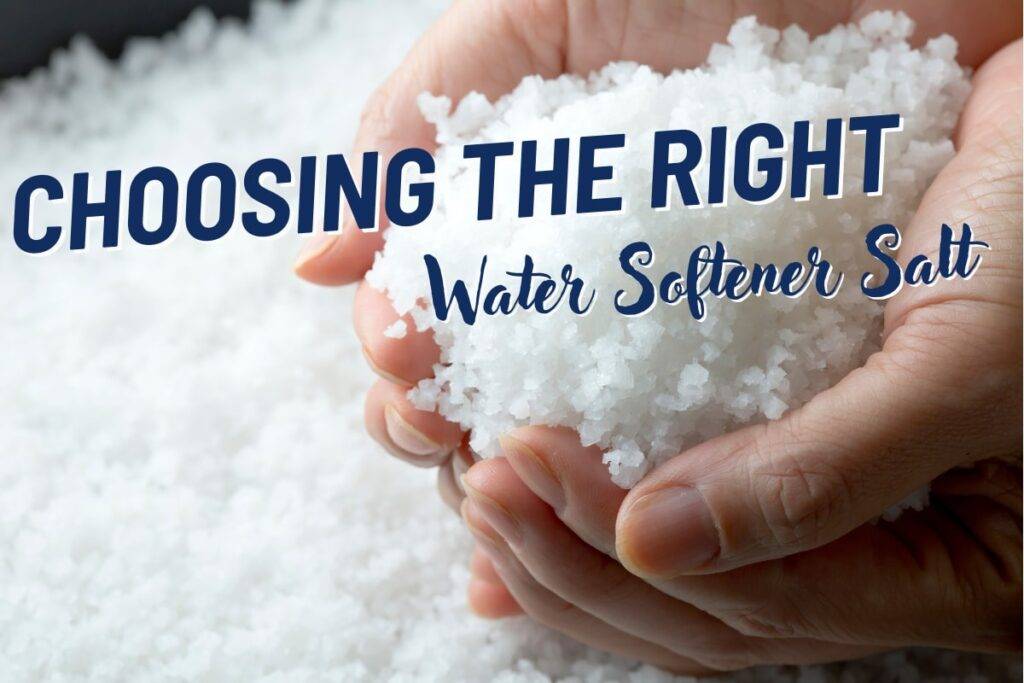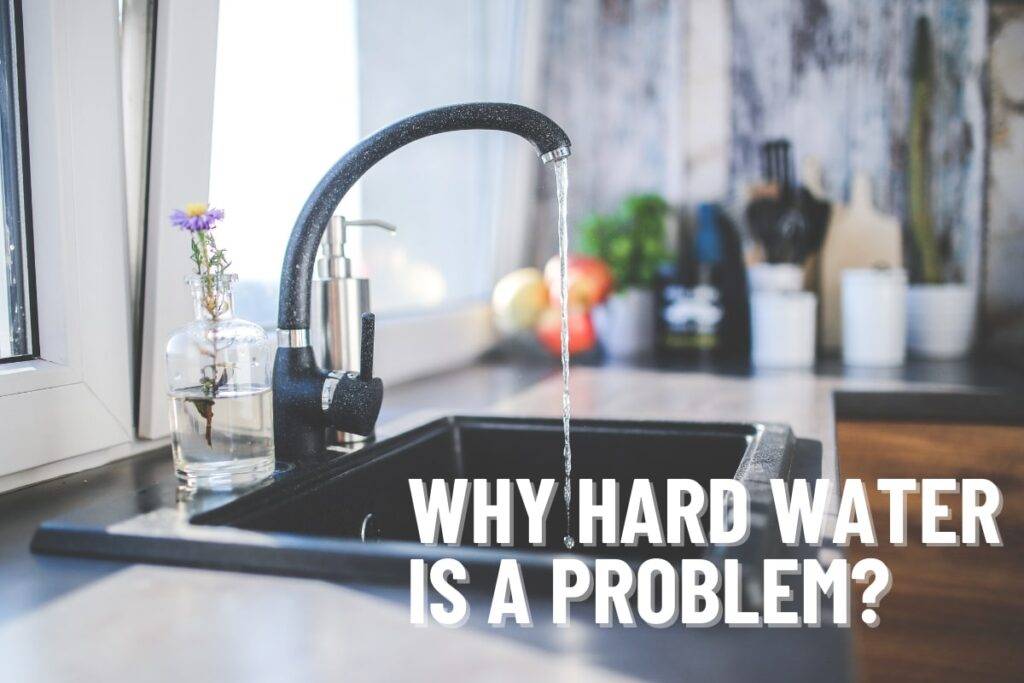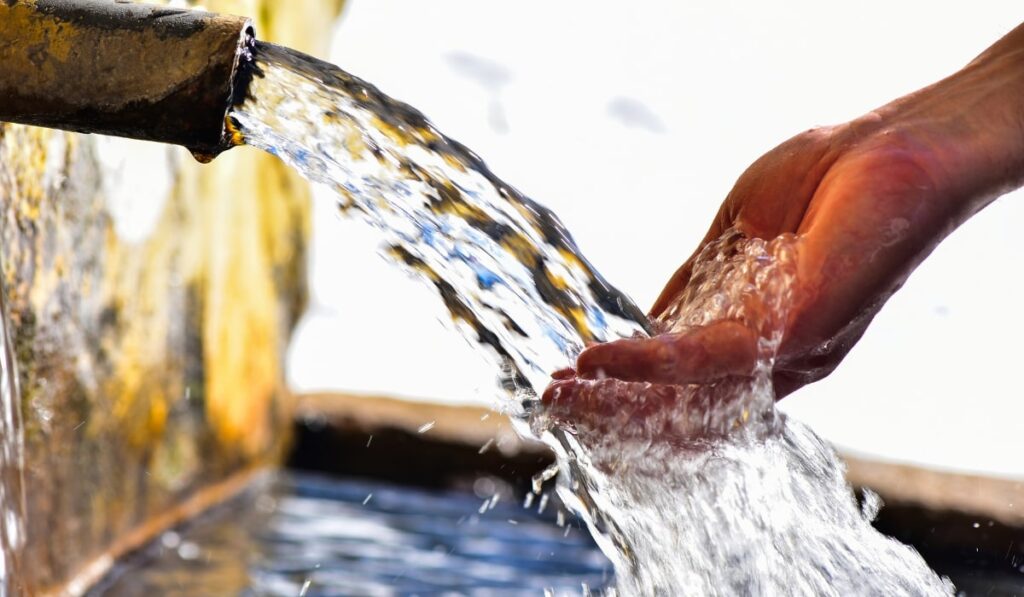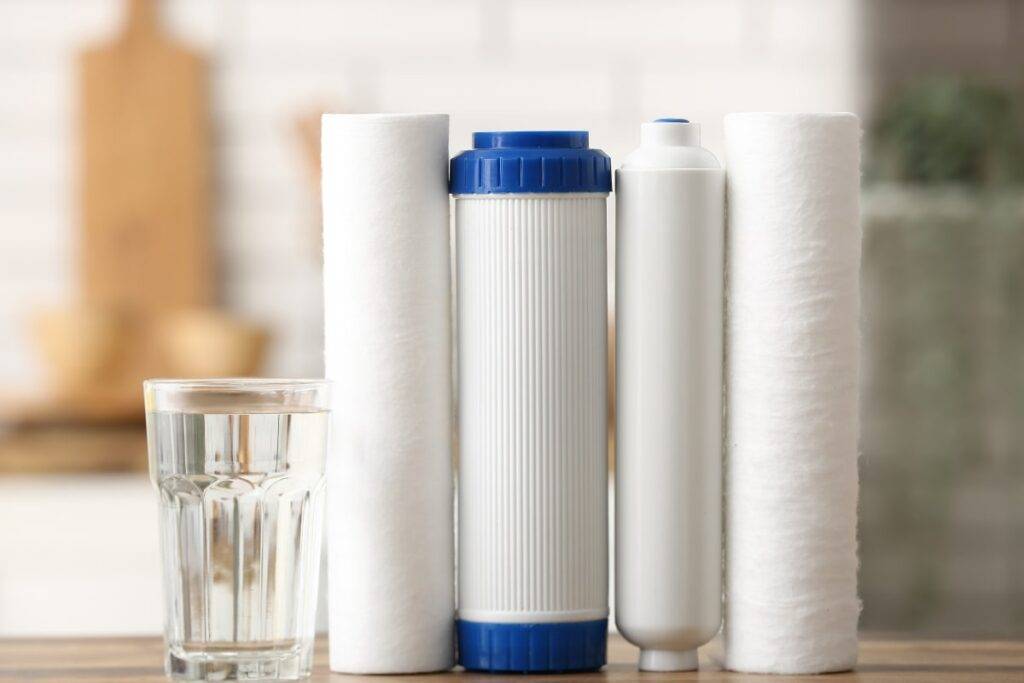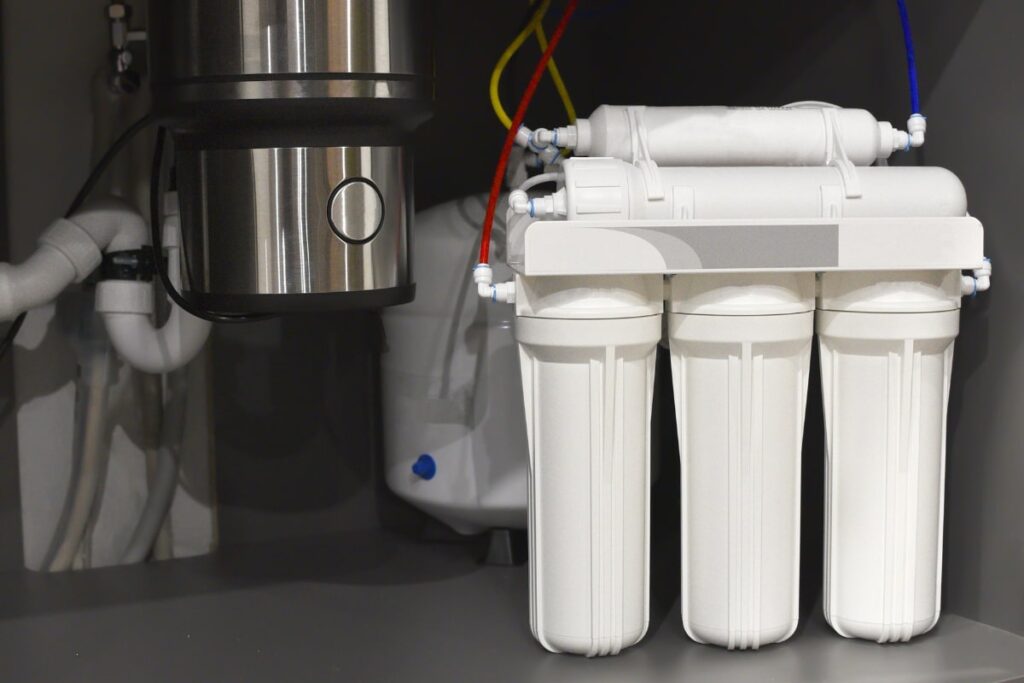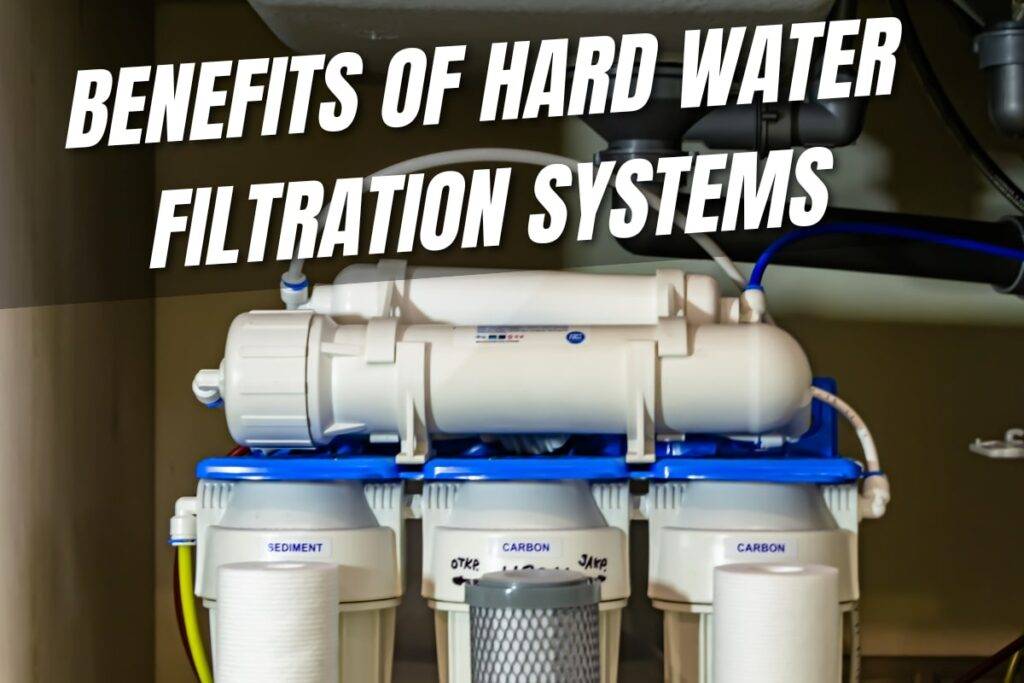Pros and Cons of a Salt Based Water Softener vs Salt Free Water Conditioners
When it comes to improving the quality of your home’s water, the decision between a salt based water softener vs salt free water conditioner can be a challenging one. Each system offers precise advantages and disadvantages that could extensively affect your household’s water use, equipment sturdiness, and overall water satisfaction. In this complete guide, we will explore those alternatives in detail, offering you the necessary records to make a knowledgeable selection. Introduction Water quality is a critical factor for any household, influencing everything from the taste of your drinking water to the longevity of your appliances. Hard water, which contains high levels of minerals like calcium and magnesium, can cause numerous issues, including scale buildup, dry skin, and inefficiencies in water heating systems. To address these problems, many homeowners turn to water softening and conditioning systems. In this blog post, we’ll explore the salt based water softener vs salt free water conditioner debate, examining the pros and cons of each system. We’ll also compare these systems with a water filter and salt based water softener system, ensuring you have a well-rounded understanding of all available options. Understanding Hard Water What is Hard Water? Hard water consists of high concentrations of dissolved minerals, particularly calcium and magnesium. These hardness minerals are naturally present in groundwater, especially in areas with limestone or chalk deposits. As water percolates through those mineral-rich rocks, it takes calcium and magnesium ions, resulting in hard water. The concentration of these minerals determines the hardness degree of the water, which is generally measured in grains per gallon (GPG) or elements consistent with a million (PPM). Problems Caused by Hard Water Limescale Buildup One of hard water’s most noticeable and problematic effects is limescale buildup. This happens while calcium and magnesium ions precipitate out of the water and form stable deposits on surfaces. These deposits can accumulate in pipes, water heaters, and appliances, leading to several issues: Clogged Pipes: Limescale can gradually reduce the diameter of pipes, restricting water flow and increasing the risk of blockages. This can lead to decreased water pressure and higher maintenance costs. Reduced Efficiency of Water Heaters: Limescale buildup in water heaters creates an insulating layer between the heating element and the water, reducing the heating process’s efficiency. This can lead to better energy bills as the heater works harder to obtain the preferred water temperature. Appliance Damage: Appliances that use water, such as dishwashers, washing machines, and coffee makers, can suffer from reduced efficiency and a shorter lifespan due to limescale buildup. The deposits can clog filters, reduce water flow, and impair the functionality of these appliances. Soap Inefficiency Hard water can extensively impact the effectiveness of soaps and detergents. When cleaning soap reacts with calcium and magnesium ions, it creates an insoluble curd-like substance referred to as soap scum. This has several negative consequences: Reduced Cleaning Power: Soap scum is less effective at trapping and removing dirt and oils, making cleaning tasks more challenging and less effective. Increased Soap Usage: When using hard water, more soap or detergent is required to achieve the same level of cleanliness, leading to higher costs and increased environmental impact. Residue on Surfaces: Soap scum can leave a film on skin, hair, dishes, and surfaces, resulting in a dull appearance and a sticky feel. Skin and Hair Issues The minerals in hard water can leave a residue on the skin and hair, causing various issues: Dry Skin: The residue from hard water can strip the skin of its natural oils, leading to dryness, itching, and irritation. This can be incredibly complicated for people with skin pores or situations such as eczema. Dull and Dry Hair: Hard water can leave a film on the hair, making it feel rough, dry, and less manageable. It can also build up minerals in the scalp, contributing to dandruff and other scalp conditions. Stains and Spots Hard water can leave unsightly stains and spots on dishes, glassware, and laundry: Spots on Dishes and Glassware: After washing, hard water can leave mineral deposits that dry as spots or streaks on dishes and glassware. These spots can be challenging to remove and give the appearance of unclean dishes. Stains on Laundry: Hard water can cause mineral deposits to accumulate on fabrics, leading to dullness, stiffness, and discoloration. White fabrics may appear gray or yellow, and colored fabrics can lose their vibrancy over time. Salt-Based Water Softeners Salt-based water softeners are a traditional and popular method for addressing hard water. They exchange calcium and magnesium ions in the water with sodium particles, effectively removing the hardness minerals. How Do Salt-Based Water Softeners Work? Salt-based water softeners use a process called ion exchange. The system contains a resin bed that attracts and holds onto iron, calcium, and magnesium ions. As hard water passes through the resin bed, these minerals are replaced with sodium particles, resulting in softened water. Pros of Salt-Based Water Softeners Effective Hardness Removal: Salt-based water softeners are highly effective at removing hardness minerals from water, ensuring no scale buildup. Improved Soap Efficiency: Soaps and detergents work more effectively with reduced mineral content, leading to better cleaning results. Appliance Longevity: These systems can extend the life of your appliances and plumbing by preventing scale buildup. Consistent Water Quality: The ion exchange process ensures a consistent supply of soft water throughout your home. Cons of Salt-Based Water Softeners Salt Consumption: These systems require regular refilling of salt, which can be an ongoing expense and hassle. Environmental Concerns: Discharging sodium-rich water can harm the environment and may not be suitable for areas with strict water regulations. Health Considerations: The added sodium in softened water can concern individuals on low-sodium diets. Maintenance: Regular maintenance, including resin bed regeneration and salt replenishment, is required to ensure the system operates effectively. Salt-Free Water Conditioners Salt-free water conditioners, known as water descalers, offer an alternative approach to managing hard water. Instead of removing minerals, they alter the chemical structure of the minerals so they don’t adhere to surfaces. How


